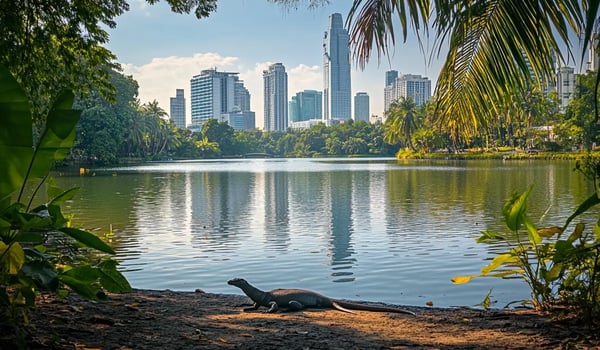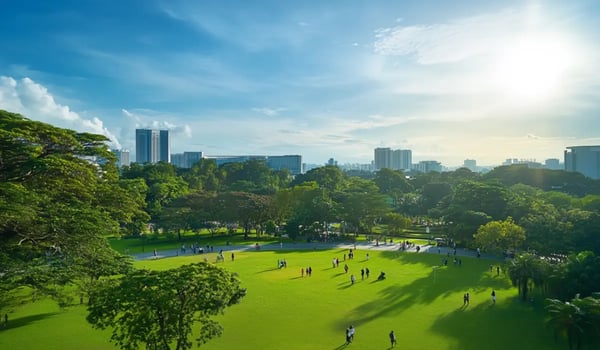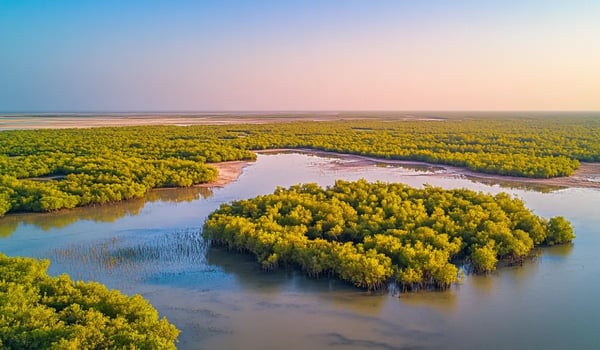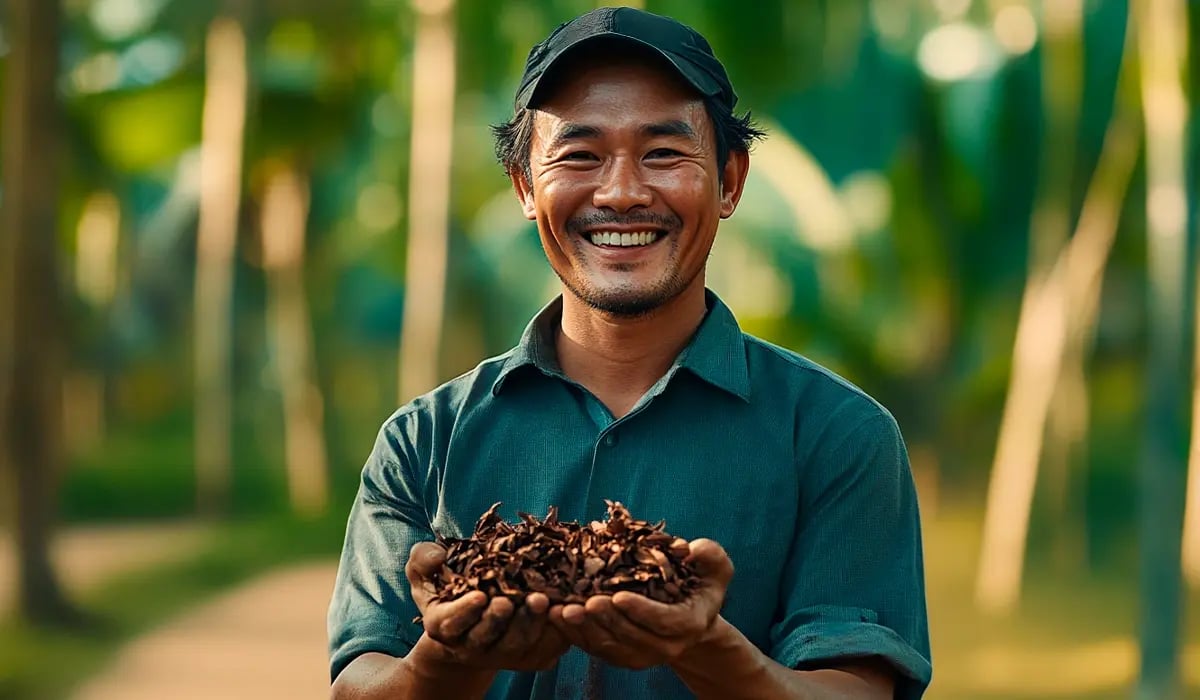Singapore and Thailand have entered into a milestone agreement to cooperate on carbon markets under...

Singapore and Thailand Sign Landmark ASEAN Carbon Market Agreement
2

New Carbon Credit Guidelines from Singapore Target Market Confidence
Singapore has taken a key step toward improving transparency in its voluntary carbon market (VCM)...
1

Italy Launches National Carbon Registry to Boost Forest Protection
Italy is stepping up its environmental efforts with the launch of a national registry for voluntary...
1

Microsoft Secures 18M Carbon Credits in Long-Term Deal
Microsoft is taking another big step toward its carbon-negative goal by partnering with Rubicon...
1



